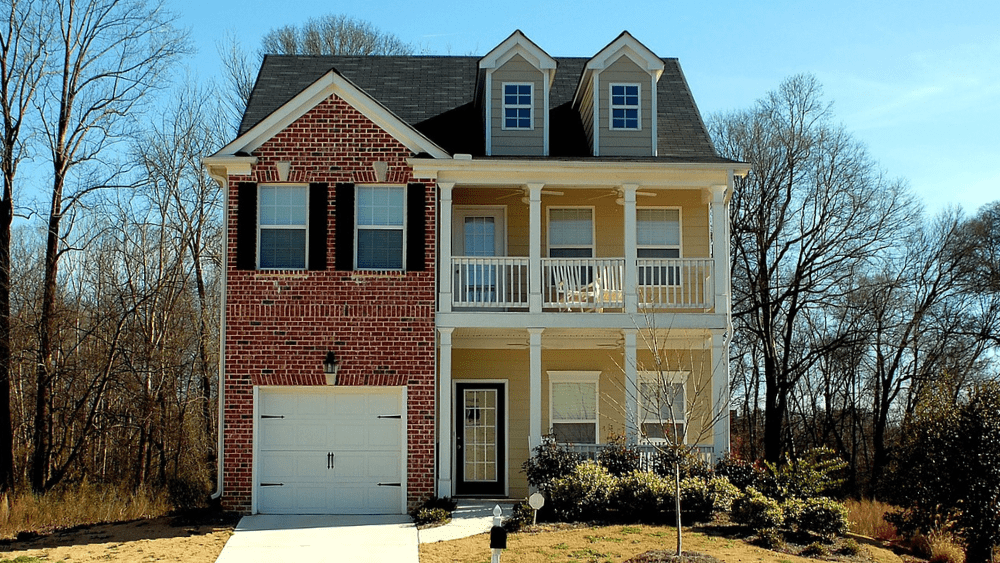
If you’re considering selling your home, your first thought is likely: How much is my home worth now? Over the past five years, home prices have surged 54%. Savvy homeowners are monitoring property values more often, and one tool they use is the Zestimate. But what does Zestimate mean, and how can it help you estimate your home’s value? In this brief guide, we break down what you need to know about Zestimates, their accuracy, and how they’re calculated. We’ll also share a few home valuation tips and other free online alternatives.
A Zestimate is an estimated market value for a home, provided by Zillow, the largest online real estate marketplace in the U.S. It uses a proprietary algorithm to predict a home’s worth based on various data points. Zestimates are intended to give homeowners a starting point for understanding their property’s value. Knowing your home’s estimated value can be beneficial for several reasons: Zestimates use a sophisticated neural network-based model — what’s often referred to as an Automated Valuation Model or AVM. Many reputable real estate companies provide free AVMs that incorporate data from numerous sources. These include: A Zestimate will also incorporate: Zillow currently has data for over 110 million U.S. homes. The company cites the following nationwide median Zestimate error rates: According to Zillow, Zestimate’s accuracy can vary and depends on the availability of data where the home is located. “Some areas have more detailed home information available — such as square footage and number of bedrooms or bathrooms — and others do not. The more data available, the more accurate the Zestimate value will be,” the company states on its website. While Zestimates offer a useful starting point for understanding your home’s value, several factors can impact their accuracy:What does Zestimate mean?
Why you might want a Zestimate
How is a Zestimate calculated?
How accurate is a Zestimate?
What can affect Zestimate accuracy?



